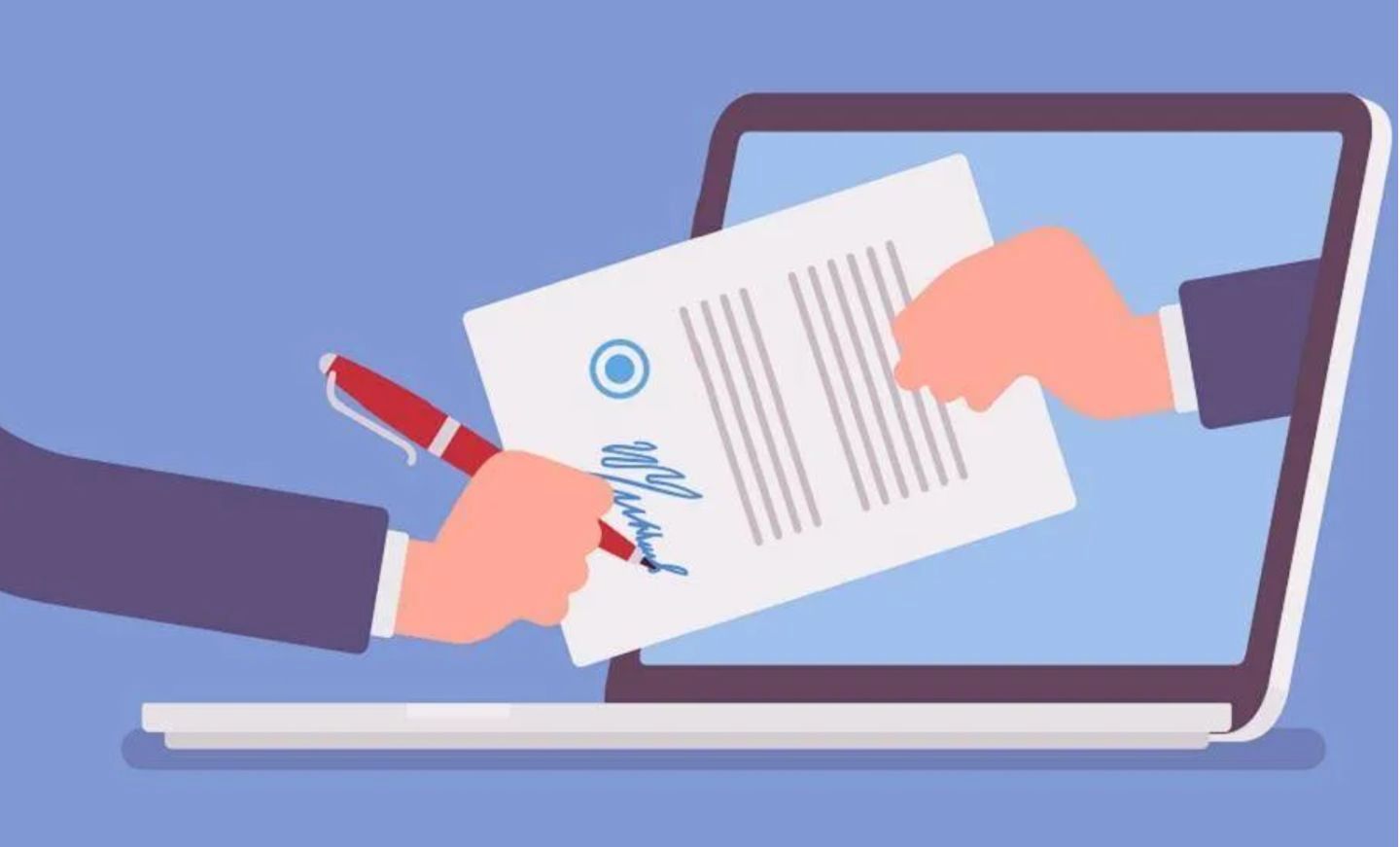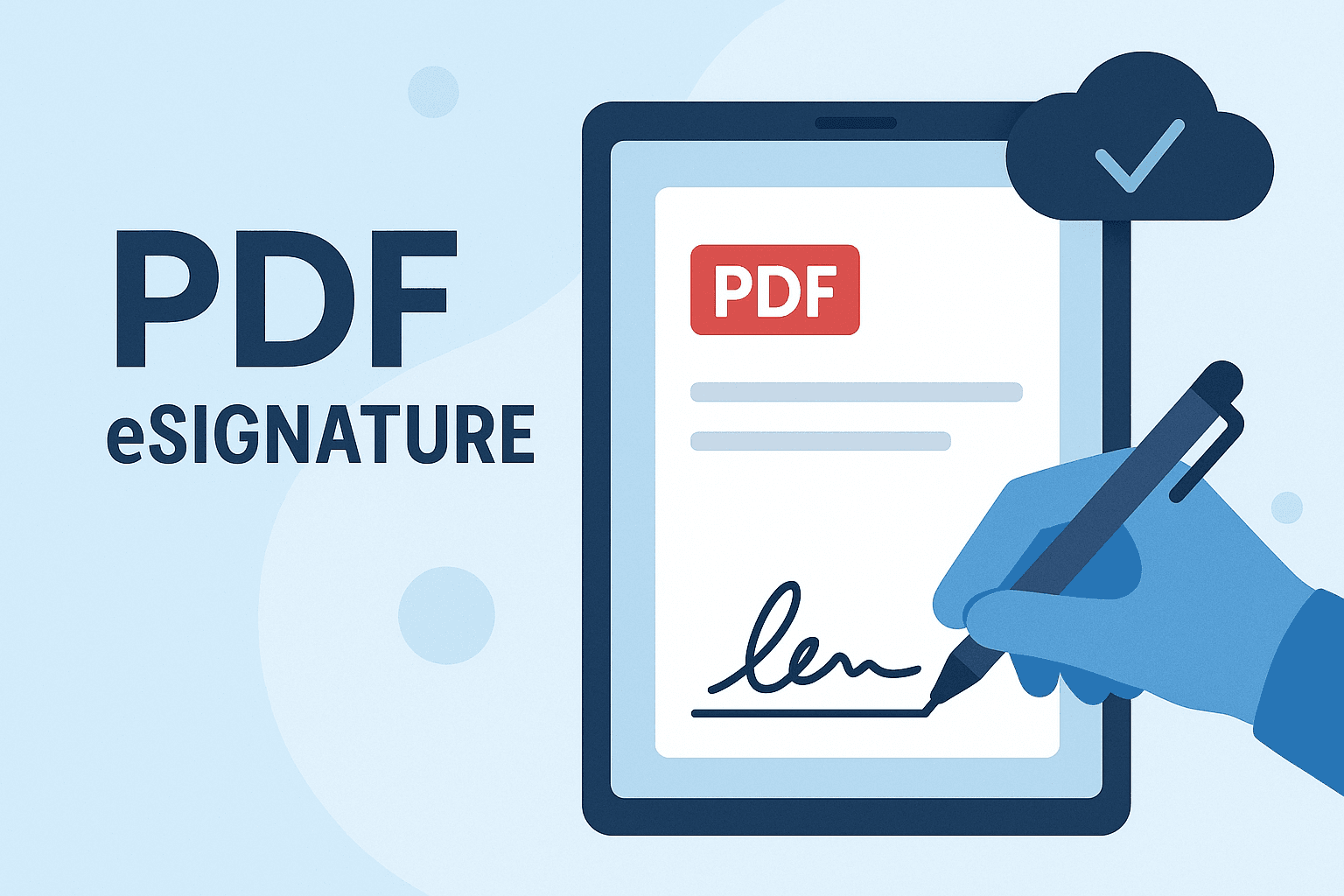Can a person have 2 DSC?





Can a Person Have 2 DSC?
In the digital age, more individuals and organizations are turning to Digital Signature Certificates (DSCs) to authenticate digital documents securely. Especially in highly regulated regions such as Hong Kong, Singapore, and other Southeast Asian economies, digital signatures are not just a convenience—they are a legal requirement under frameworks like the Electronic Transactions Ordinance (Cap. 553 of the Laws of Hong Kong) or Singapore’s Electronic Transactions Act.
So, here arises a common question: Can a person have 2 DSCs? The short answer is yes. However, to understand how and why a person might possess more than one DSC, we must dive into the nature of DSCs, their classification, and legal context in local jurisdictions.

What is a Digital Signature Certificate (DSC)?
A Digital Signature Certificate (DSC) is an encrypted digital key that authenticates the identity of the signer. Issued by Certifying Authorities (CAs) such as eSignGlobal, DSCs are used to ensure secure online transactions and to verify that the document has not been tampered with after signing.
In countries like India and jurisdictions in Southeast Asia, DSCs often serve in tasks including but not limited to:
- Filing tax returns
- Signing government tenders
- Conducting company filings
- Cross-border legal and trade documents
Once a DSC is issued, it includes information such as the user’s name, email address, country, PIN code, certificate issue and expiry date, and the name of the issuing CA.
Can an Individual Hold More Than One DSC?
Yes, individuals are legally permitted to hold more than one Digital Signature Certificate. In fact, there are practical scenarios where holding multiple DSCs is not only allowed but advisable.
For example:
-
Separation of Roles: An individual may be operating under different business roles. For instance, a person could be the director of one company and the authorized signatory of another entity. In such cases, maintaining separate DSCs for each role ensures clarity and traceability of action.
-
Different Usage Types: DSCs are often categorized into:
- Class 1: Basic certificate used for low-risk transactions
- Class 2 & 3: Used in high-risk or business-critical processes, such as regulatory compliance and tender bidding.
An individual may need one DSC for regular internal sign-off and another for statutory filings with government agencies. Under local laws—such as in Singapore or Malaysia—some agencies require specialized formats and stronger authentication levels, necessitating a separate DSC accordingly.
-
Separate Devices or Platforms: With growing cybersecurity concerns, many corporations prefer their team members to use DSCs tied to designated hardware (USB tokens) or devices. A person operating across multiple organizations or systems might find it more secure to use unique certificates for unique environments.
Legal Limitations and Points to Note
Although it is permissible to hold multiple DSCs, it is important to maintain them responsibly. Regulatory bodies in jurisdictions including Hong Kong and Indonesia recommend:
- Proper documentation: Each DSC’s purpose should be clearly recorded to prevent misuse.
- Non-transferability: Each certificate must be used only by the individual it is issued to. Allowing others to use your certificate is a criminal offense under laws such as Hong Kong’s Personal Data (Privacy) Ordinance.
- Validity period management: DSCs typically have a validity period of 1–3 years. Managing multiple DSCs requires diligent tracking of expiry/renewal deadlines.

How to Apply for a Second DSC?
Applying for a second DSC is identical to the process for the first one. Whether you’re using a regional provider like eSignGlobal or a global provider, the standard required documents include:
- Proof of identity (passport, resident ID)
- Proof of address
- Email/phone verification
- Organization authorization (if signing on behalf of a business)
Some certifying authorities might even allow for multi-profile management under a single login, making it easier to toggle between distinct certificates based on purpose or organizational affiliation.
However, when operating from regions like Southeast Asia, it’s essential to ensure your provider is legally recognized under the local digital trust framework. For example, under Malaysia’s Digital Signature Act 1997, only licensed CAs are allowed to issue legally admissible signatures.
Real-World Use Cases of Holding Two DSCs
Let’s explore a few scenarios where individuals might benefit from having multiple Digital Signature Certificates:
-
Corporate Leader: Jane, a CEO of two companies in Singapore, holds two DSCs—one for each business entity—to execute board resolutions and monthly statutory declarations.
-
Cross-border Consultant: Ahmad, an IT consultant based in Kuala Lumpur, has one DSC issued under Malaysian law and another tailored for Indonesian legal filings, ensuring compliance in both jurisdictions.
-
Legal Practitioner: Michael, a solicitor in Hong Kong, uses one DSC for court filings and another for client communications to separate responsibilities and minimize overlap.

Why Not Just Use the Same DSC for All Purposes?
Technically, you could attempt to reuse a single DSC across multiple roles or functions. However, this practice poses several risks:
- Liability confusion: In the event of a legal dispute, it becomes challenging to distinguish which role/authority you were acting under.
- Audit trail complications: Regulatory audits are made simpler when digital transactions are segregated by activity and role.
- Organizational policy: Many firms now mandate that employees use unique DSCs for governance and cybersecurity compliance.
Additionally, functions like timestamping, non-repudiation, and dual-factor authentication may vary based on the certificate classification and platform of use.
Choosing the Right DSC Provider: Regional Compliance Matters
Not all DSC providers are recognized everywhere. For users operating in Asia-Pacific jurisdictions such as Hong Kong, Thailand, or Vietnam, choosing a regionally compliant provider is essential to avoid legal hurdles.
Providers like DocuSign are popular globally, but regional solutions like eSignGlobal have established trust under local laws and provide better contextual support. eSignGlobal complies with electronic signature laws across ASEAN and Greater China, offering secure, scalable, and auditable DSC issuance.
Whether you’re managing personal, professional, or international workflows, a trusted provider ensures your digital signature maintains its full legal enforceability.

Final Thoughts
So, to answer our initial question again—yes, a person can have two (or even more) DSCs. In today’s multi-faceted work environments, doing so is often not just legal, but logical. But, with multiple certificates comes the added responsibility of managing them wisely and ensuring you stay compliant with local digital signature regulations.
If you’re a user based in Hong Kong or Southeast Asia looking for secure, legally compliant digital signature solutions, consider opting for local alternatives like eSignGlobal, which are tailor-fit for region-specific treaties, languages, and legal norms.
Digital security. Regional compliance. Hassle-free documentation—sealed with your unique identity.


 Only business email allowed
Only business email allowed


